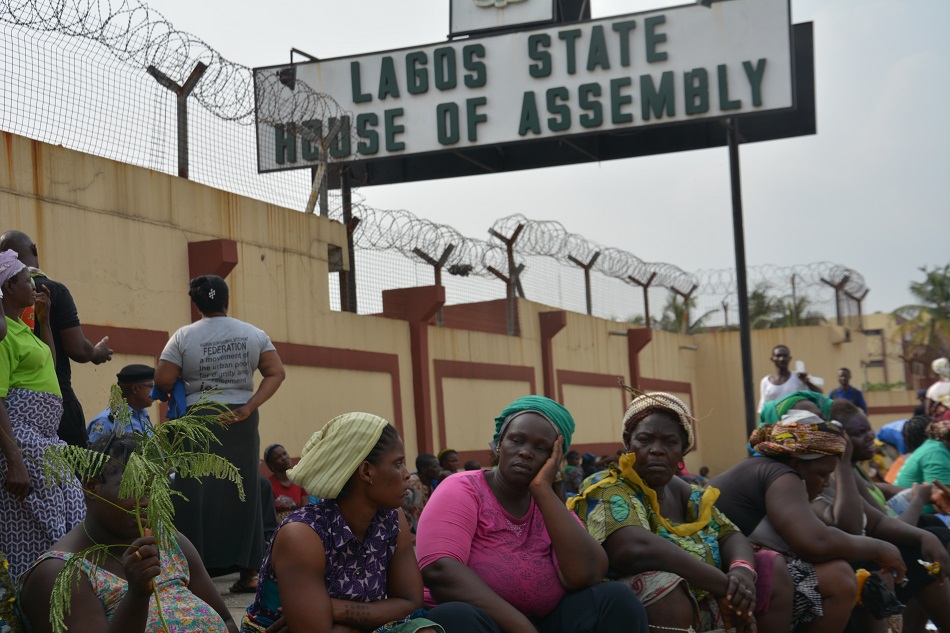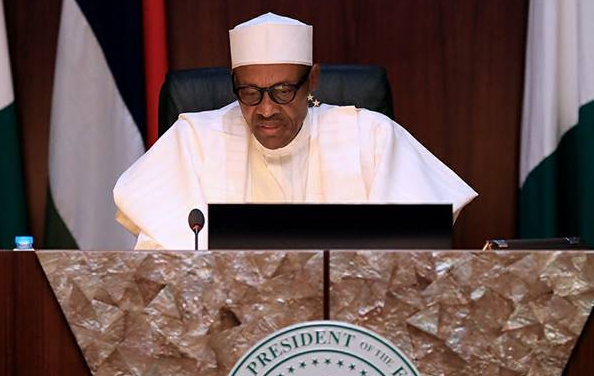The Lagos state government withdrew from a court ordered mediation process on finding a solution to the ongoing demolitions of waterfront communities in the state, the Nigerian slum and informal settlement federation in Lagos has said.
The organisation said this in a statement released on Wednesday.
“Today, the Nigerian Slum/Informal Settlement Federation – comprising dozens of waterfront communities and scores of other informal settlements across Lagos – expresses its deep regret at the sudden and unilateral decision of the Lagos state government to withdraw from the court-ordered mediation process that had presented a small glimmer hope of finding a win-win alternative solution to the threat of forced eviction hanging over 300,000 Lagosians living in waterfront communities across Lagos state,” the organisation said in a statement.
“We came to mediation process in good faith and put forward workable proposals regarding alternatives to demolition and forced eviction that could address the various excuses the State Government has tried to use to justify its intention to demolish our homes.”
Advertisement
In October 2016, 15 waterfront communities went to a Lagos state high court seeking protection against forceful eviction and demolition of their communities by the Akinwunmi Ambode led Lagos state government.
S.A Onigbanjo, the presiding justice, on January 26, ruled that demolitions on short notice, especially without providing alternative shelter, constitutes degrading treatment.
The justice said such demolitions violates section 34 of the 1999 constitution and went on to order the parties to attempt mediation through the Lagos state multi-door court house, the slum dwellers association said.
Advertisement
But in March, the state government citing environmental hazard as reason, demolished Otodo Gbame Ocommunity, evicting 4,700 residents.
The slum dwellers said on March 29, they went to a round table to have a discussion with the state government and were shocked to find that “the state government decided to unilaterally withdraw from the mediation process and give up on the possibility of any resolution through dialogue.”
The slum dwellers say the withdrawal of the Lagos state government contradicts the statement made by the Lagos state commissioner of information, who on March 22, 2017, affirmed the government’s “unflinching commitment to the development of Lagos State as an ideal megacity that is sensitive to the needs of the public as well as open and continuous dialogue.”
The slum dwellers lamented the withdrawal saying the mediation process provided a ray of hope for them in the midst of the woes of demolitions of their homes.
Advertisement
“Waterfront communities across Lagos are home to hundreds of thousands of hard-working, law-abiding citizens. This is where we live and where many of us work. Our businesses – from fishing to sand dealing – and our labor add to the Lagos economy. We are the engine of the Lagos economy and we have a right to the city. We do not have any other home.”
“Since last year, the government has tried to offer so many excuses for wanting to destroy our homes and take over the waterfronts. We have proffered alternative ways of resolving each of these concerns, but it seems the Government is not ready to listen nor is it really dedicated to trying to find lasting, citizen-centered solutions to complex urban problems.”
“Evictions do not make Lagos safer. Instead, they push the urban poor into deeper poverty through homelessness and loss of livelihoods. Worsened poverty only exacerbates crime. Evictions are not the answer. We need to partner to find lasting solutions to insecurity.”
“Evictions will not make Lagos the “ideal megacity” it aspires to be. Lagos is a megacity by virtue of its population. We, the urban poor, are part of that population. It seems that Lagos wants we, the urban poor, to simply disappear. We cannot and will not disappear.”
“If we had support and partnership from our Government such as can be seen in other megacities in the global south, we could develop our communities through in situ slum upgrading and social housing. Indeed, Federation is building community-financed environmentally sustainable toilet solutions to improve sanitation and public health in our communities. Federation is developing a social housing scheme and planning toward in situ slum upgrading. We are learning from the successes of peers in cities around the world.”
Advertisement
“Why should the hovernment we elected into power turn its back on dialogue with us when we are still at the table? When we came to the table despite the massive impunity and violation of our members’ human rights perpetrated by the state government with the callous demolitions and violent attacks on Otodo Gbame on 9-10 November, displacing 30,000 people, and on 17, 21, 22 and 26 March 2017, displacing another 4,700?”
Advertisement
Add a comment






